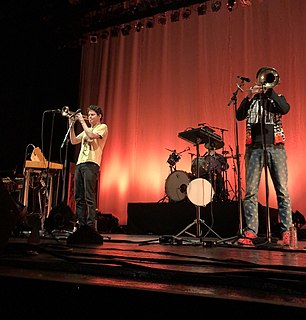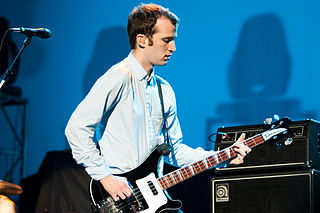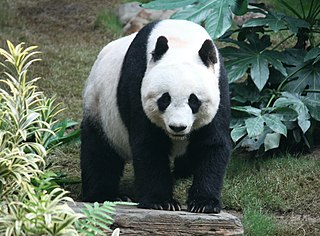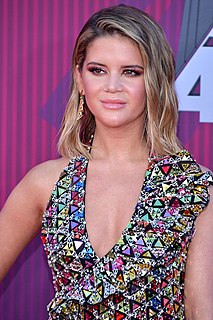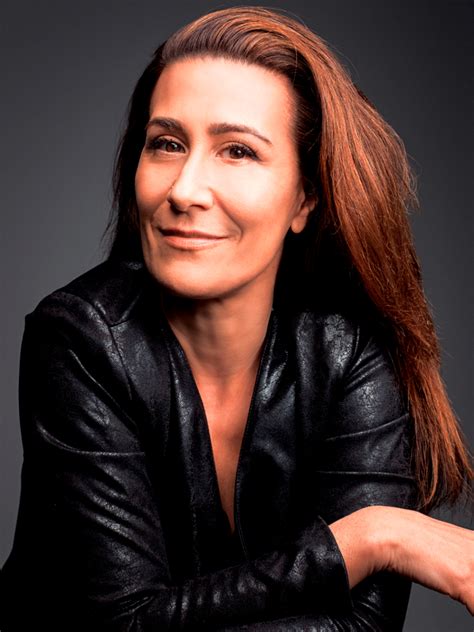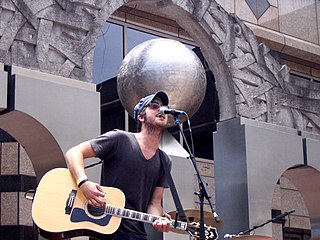A Quote by Stephen Malkmus
I feel the most natural thing is for music to come that way because it's sort of like poetry. Though I do think with poets that I like, like Charles Olson or Ezra Pound, they were rewriting constantly, until the poem becomes a diamond.But with music I don't really feel that way.
Related Quotes
Some of my pictures are poem-like in the sense that they are very condensed, haiku-lik. There are others that, if they were poetry, would be more like Ezra Pound. There is a lot of information in most of my pictures, but not the kind of information you see in documentary photography. There is emotional information in my photographs.
When students are first at the Kerouac School we harp on Gertrude Stein's very basic poetic insistence that words are things . Not to invalidate your experience or all the great feelings you have, I tell them. Although poetry may be good for you, it's not therapy. You're making something with words which are visceral, muscular, active, not just markers of how you feel. And we have classes studying William Blake, Ezra Pound, Charles Olson, Robert Duncan, Stein.
I've been getting really into mixing, and there's kinda like an art to it I think. I feel like I still have a lot of ways to grow. But you can just watch the way that other people blend songs together, and it can be a pretty mind-blowing thing. And you can hear music in a very different way, depending on the way a DJ presents it.
I feel like, these days there's so much music and so many bands, that it's exciting to hear when people go through the whole process with their own sort of system of making the music. It gives it a much more personal individual feel, like unique feel, when somebody has a really idiosyncratic set-up, or they just have what might be considered strange ways of going about the process that yields results that are not just cookie-cutter sounds like everything else... and I think that can only be a positive thing.
I think a lot of people get intimidated by the language of music, but everyone owns music. I think there's nothing standing in between a composer and her audience. I think a lot of people feel that way because they feel it's rarefied, but it's really not. You should feel the impact of it without being able to name it because it's ultimately a primal thing.
I think there's just been this "thing" that's developed, this way that we have of talking about our music that alienates people. And I fall into that too! I learned that in graduate school. You just talk about your music in a specific way, and that separates people from you. But some composers like that. Schoenberg liked that. He wanted to feel that he was making music for an elite few. That's fine for him, but I want to set myself free from that sort of attitude.
I don't know if any of you feel this way, but it's like eventually, you see a woman come on screen and you go, "Oh, thank God!" You just sort of need a break from all this testosterone, which happened, I think, in one of my films, The Hurt Locker. I was in it for like five minutes, and people were like, "You were in that movie!" And I was like, "Well, kind of." And they were like, "No, you were!" 'Cause they needed a woman!
It definitely feels like I'm sort of reaching people through social media in the right kind of way. I feel like I've been late to the game with the whole Facebook/Twitter thing, because I always thought it was cheap. But, when I started really using it and trying to be myself when using it, which is the hardest thing. I feel like a lot of people are really responding to that.
I really feel that actors should really know who they are as characters; they should really study their lines; they should be prepared; but once they come to set, for me the most exciting way to shoot a scene is to really find it, really kind of grind your way through it, until you feel like you have something that you can put together.


